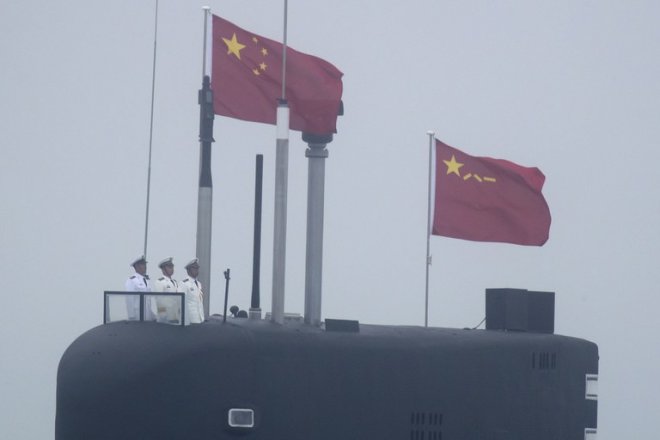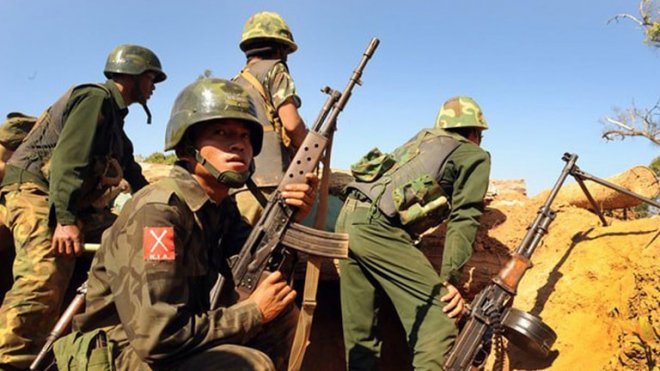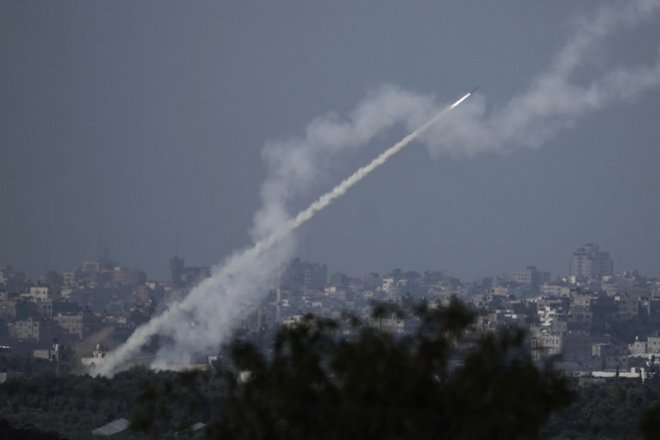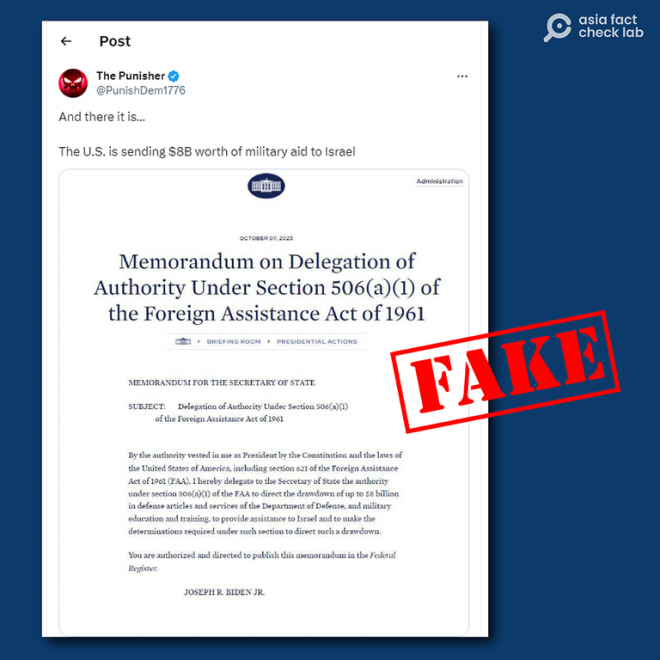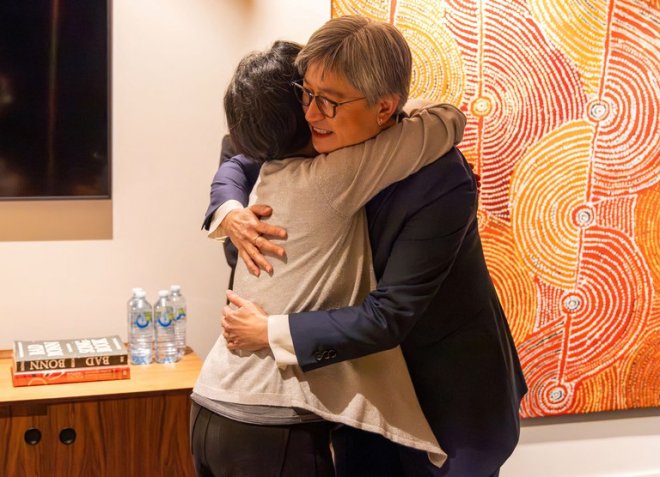After protests, some Chinese cities lift fireworks bans ahead of Lunar New Year
Authorities in some Chinese cities have lifted fireworks bans in the wake of nationwide protests and ahead of Lunar New Year on Jan. 22, while some authorities have doubled down on the ban, punishing local residents for setting off fireworks as an example, according to Chinese media reports.Local governments in Dongying and Binzhou cities in the eastern province of Shandong have announced via their official websites that fireworks and firecrackers will be allowed to usher in the Year of the Rabbit.
And authorities in Beijing and the northeastern port city of Dalian will allow fireworks within limited hours until the first month of the lunar calendar, the government-backed news site The Paper reported.
But it added that many other places had made it clear that the original fireworks ban will remain in place.
"In the past few days, a lot of places have announced cases of [people punished for] illegally setting of fireworks as a warning," it said, citing administrative penalties handed out by police in Wenzhou city in eastern Zhejiang province, Sihong city in the eastern province of Jiangsu and in Jinzhou city in the northwestern province of Liaoning.
It quoted county officials in the northern province of Hebei as saying that the ban would continue, and as scotching "fake news that setting off fireworks and firecrackers can disinfect the air and kill the COVID-19 virus."
The online news service Red Star said that in the southwestern city of Ya"an alone, eight districts and counties all have different regulations on fireworks at Lunar New Year.
‘Erupted under the pressure’
New York-based political commentator Qin Peng said the mass defiance of the fireworks ban seen at New Year came after three years of zero-COVID, a grueling program of rolling lockdowns, mass surveillance and testing and forcible incarceration in quarantine camps.
"The Chinese people have so much pain and anger stored up from the past three years, that a lot of places have erupted under the pressure," Qin said.
"The authorities know very well that they have provoked public anger, and that it"s not just among a minority group, but that it runs right through all of China"s cities and villages," he said.
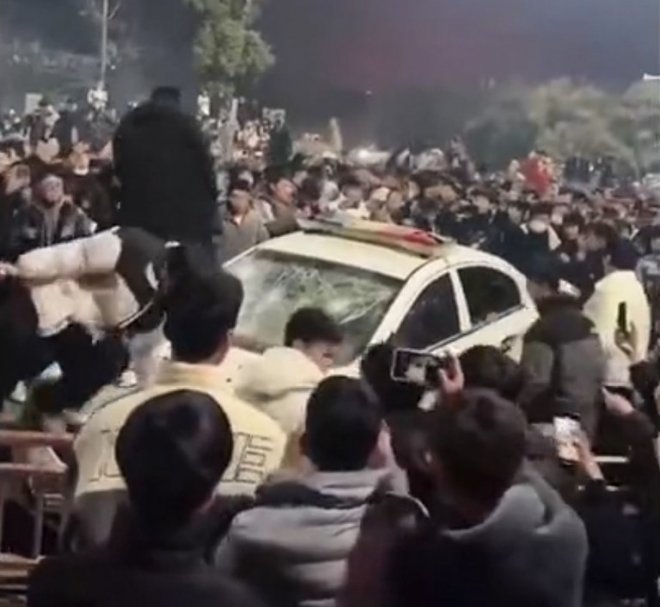 Protesters in the Chinese province of Henan damage a police car after police tried to enforce a ban on fireworks in Hongdaoyuan Square in Henan"s Luyi County, on Monday, Jan 2, 2023. Credit: Netizen-provided screenshot from video
Protesters in the Chinese province of Henan damage a police car after police tried to enforce a ban on fireworks in Hongdaoyuan Square in Henan"s Luyi County, on Monday, Jan 2, 2023. Credit: Netizen-provided screenshot from videoQin suggested that the ruling Chinese Communist Party could even have a superstitious aversion to explosives designed to scare away evil spirits.
"They say of course that it"s for reasons of safety or cleanliness, but ... but [firecrackers] have another meaning, which is exorcizing evil spirits, and the party knows itself to be evil," he said.
That awareness appeared to be behind a directive from police chiefs in the northern city of Xi"an, who issued an urgent reminder to police forces following the Henan protests on Jan. 2.
"The desire to set off fireworks and firecrackers during the festive season is particularly strong among the general public ... and they continue to appeal to the government via online platforms to allow the setting off of fireworks and firecrackers during the Lunar New Year," the statement said.
It called on police officers to "enforce the law in a civilized and flexible manner, and not to get into direct conflict with the public, and not to trigger negative public opinions about the police."
‘Cannot control mass incidents’
Veteran democracy activist Wang Juntao, now settled in the United States, said there is an uneasy stalemate between popular anger, Communist Party leadership and local governments.
“This is a forced compromise between Xi Jinping and local governments, because Xi Jinping can control the elite, but he cannot control mass incidents at the edges of the political system," Wang said.
"If he won"t delegate more power to local governments, then they can"t stamp out [protests], and have to make concessions instead," he said. "If he delegates any more power to local governments, they could use it to turn on Xi Jinping rather than the general public."
"So all he can do is compromise, given the situation," Wang said.
Qin said both the fireworks protests and the "white paper" movement of late November that was followed by an abrupt end to Xi"s zero-COVID policy in early December had shaken the Communist Party"s system of governance.
"The Communist Party wants to make [temporary] concessions, because they imagine it"s a way of releasing the pressure of public anger and resentment," he said.
But he said the approach could backfire.
"Firstly, any concessions made by the Communist Party will encourage ordinary people, and help them realize that resistance is valuable and can force the government to compromise if it is successful," he said.
"[They then believe that] they should keep up their resistance if there is a problem."
Translated by Luisetta Mudie. Edited by Malcolm Foster.
[圖擷取自網路,如有疑問請私訊]
|
本篇 |
不想錯過? 請追蹤FB專頁! |
| 喜歡這篇嗎?快分享吧! |
相關文章
AsianNewsCast








